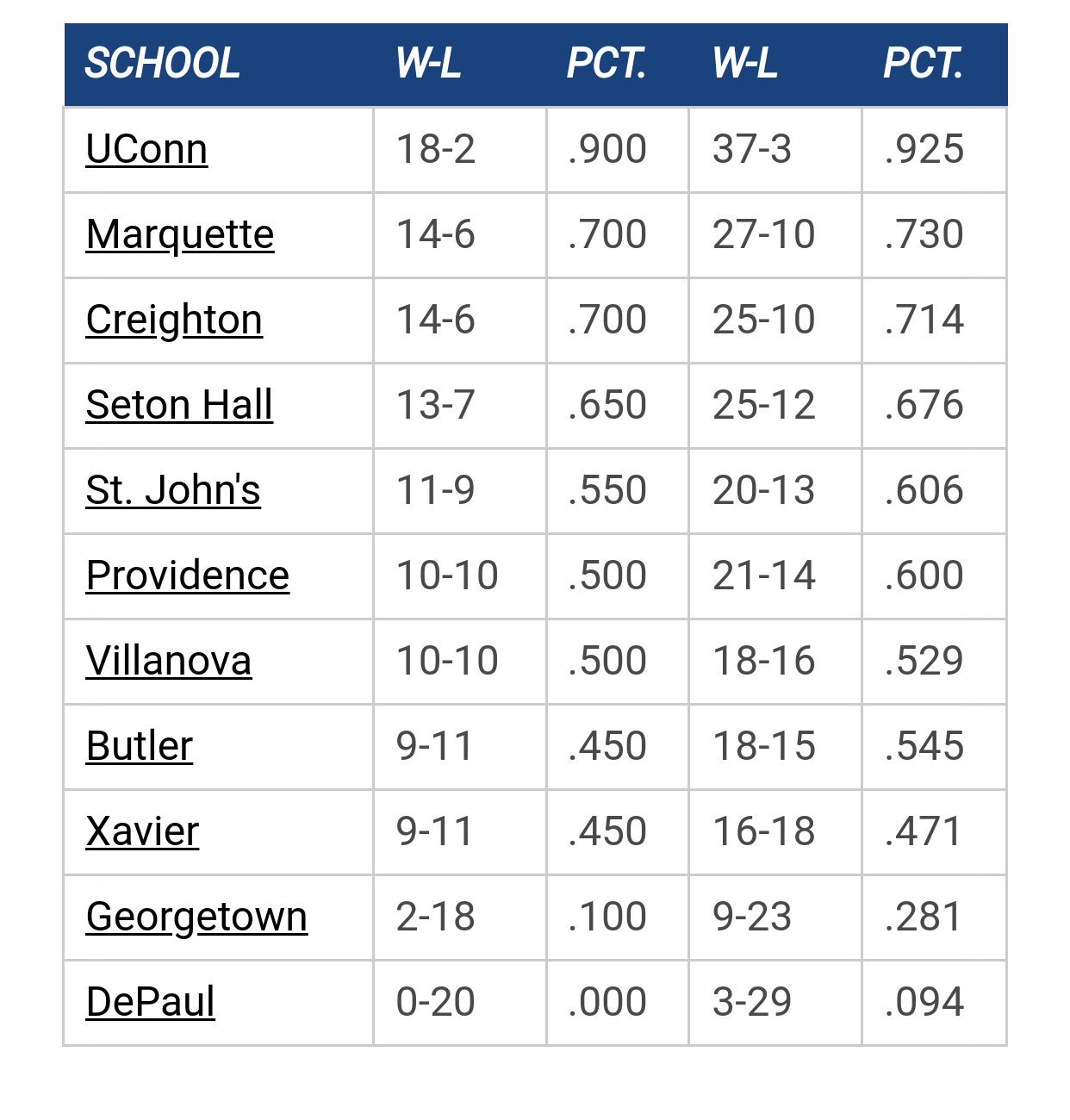Reads like CBB wrote it ...
Why Football Won’t Go the Way of Boxing (Yet)http://www.bloomberg.com/news/2013-02-14/why-football-won-t-go-the-way-of-boxing-yet-.htmlOne of the most exciting American boxers in years will defend his title this weekend. You’ve probably never heard of him.
His name is Adrien Broner, and although he is the world lightweight champion, he is not exactly famous. That boxing is no longer a popular sport in the U.S. is hardly a revelation. The reasons for its demise, however, may surprise you.
As we continue to learn more about the serious long-term health risks of playing football, we keep hearing the question: Is football destined to go the way of boxing? The implication is that people stopped watching boxing because they were turned off by the spectacle of two men doing serious, possibly permanent harm to each other. The only problem with this theory is that it isn’t true.
The force most responsible for boxing’s decline is the same one that causes all sports to live or die: television.
Boxing once relied heavily on prime-time Olympic exposure to introduce its future stars to the U.S. sports-viewing public. We first met Muhammad Ali as Cassius Clay -- the slender, charismatic 18-year-old light-heavyweight gold medalist in 1960 in Rome. Boxing was the highest-rated Olympic sport of the 1976 summer games in Montreal, which featured Sugar Ray Leonard as well as Michael and Leon Spinks. Just 16 years later, in Barcelona, Olympic boxing made its final prime-time appearance on U.S. broadcast television.
Network Abandonment
In the intervening period, the networks basically abandoned the sport. This happened partly because an aggressive Home Box Office executive named Seth Abraham spent a lot of money systematically luring the big fights away from the networks.
Not that the networks put up much resistance. Boxing’s fan base wasn’t necessarily shrinking, but its sponsors were turning against it. The unpredictability of the length of fights posed a problem for advertisers: A heavily promoted 1983 bout between heavyweight champion Larry Holmes and Marvis Frazier, for instance, lasted less than one round.
Advertisers also had issues with boxing’s reputation -- not for brutality but for corruption. The sport was dominated by promoters such as Don King, who served time in prison for manslaughter, and Bob Arum, who once tried to reassure the public that he could be trusted by saying, “Yesterday, I was lying, but today I’m telling the truth.”
HBO -- and later Showtime -- didn’t have to worry about satisfying advertisers; it could underwrite fights by making them pay-per-view events. This may have worked as a business strategy (Mike Tyson, in particular, was a cash cow for HBO), but it helped to turn boxing into a niche sport followed only by those willing to pay $59.95 or more to watch big bouts. It also ensured that football would become America’s socially sanctioned, violent sport of choice -- and that Adrien Broner would never become a household name.
Boxing remains plagued by corruption. Not so many years ago, a cable-TV programming manager was discovered to have been giving preferential treatment to a promoter in exchange for “dates” with a porn star. Boxing’s biggest problem, however, is a lack of recognizable stars. Blame that on not being able to watch fights for free during prime sports-viewing hours.
Before boxing’s demise, horse racing followed a similar trajectory, for similar reasons. You might still be able to tick off the names of dozens of thoroughbred horses if track owners hadn’t been so scared that TV would keep people in their living rooms instead of at the betting windows.
Network Embrace
Other sports were smarter about television. According to the mythology, it was Michael Jordan (with an assist from Commissioner David Stern) who single-handedly saved the National Basketball Association. No less important was a TV strategy that included cutting back on the glut of games available on local cable channels, changing the league’s playoff schedule to accommodate CBS and televising the annual slam-dunk contest and college draft.
Virtually every sport that has flourished in the modern era has TV to thank. The National Collegiate Athletic Association basketball tournament has been around for almost 75 years, but it was “March Madness” -- now a joint production of CBS and Turner Sports -- that engraved it in our national sports calendar.
College football’s popularity can be traced to a 1984 Supreme Court decision, NCAA v. Board of Regents of the University of Oklahoma, that freed schools and their conferences to negotiate their own contracts with the networks. (Three times as many college games were televised nationally in 1984 as in 1983; end-of-season bowl games were now available for just about any company looking to sponsor one.)
Even in the age of the digital video recorder, we still like to watch our sports live. Television rights are priced accordingly. The TV sports bubble, inflated by increasingly exorbitant national and local deals, just keeps expanding. The Los Angeles Angels, Texas Rangers and Los Angeles Dodgers have all recently signed multibillion-dollar contracts with Fox Sports affiliates. Such irrational exuberance is driving subscriber fees so high that at least one cable executive has said government intervention may be necessary.
So the next time someone asks you if football is destined to go the way of boxing, feel free to answer: Yes -- just as soon as the networks stop televising it.
(Jonathan Mahler is a sports columnist for Bloomberg View. He is the author of the best-selling “Ladies and Gentlemen, the Bronx Is Burning” and “Death Comes to Happy Valley.” The opinions expressed are his own.)





